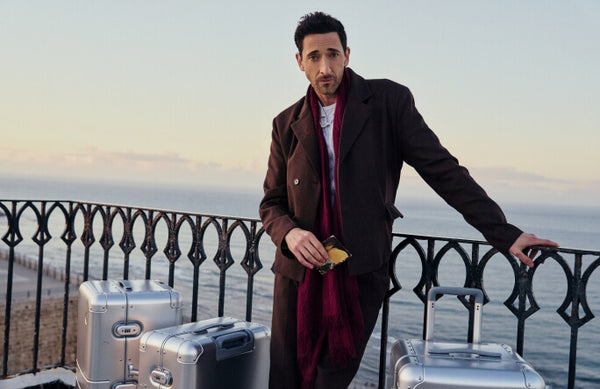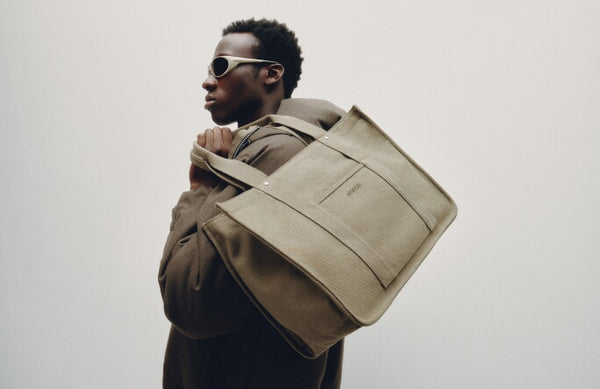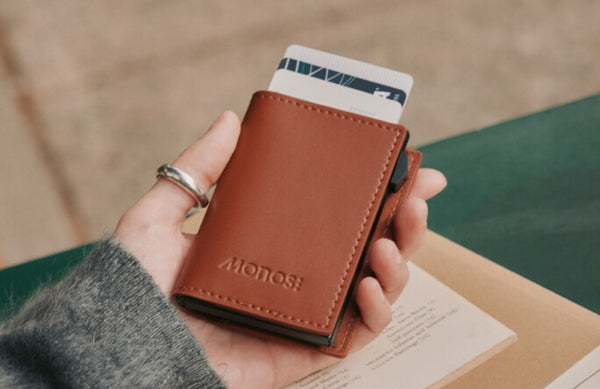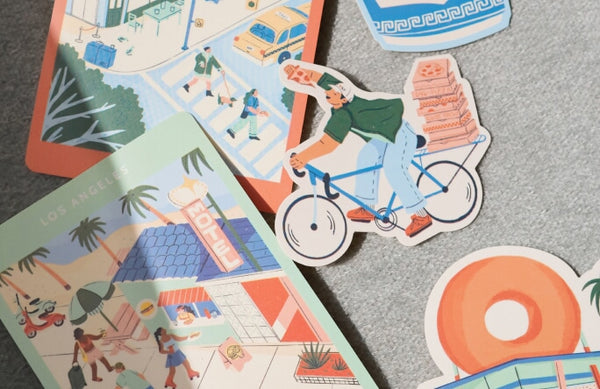
The greatest disservice we’ve done to love is to suggest that it ever was one-size, to suggest that it was ever containable. Love transcends the romantic, encompasses everything we see, hear, experience, if we let it.
February in Vancouver is, in a word, dreary. The rain is unceasing, the weather cold and damp enough to chill you to the bone, and so I’ve decamped with a friend to Mexico City. We booked an Airbnb and used our long-dormant flight points to spend the month here in the sunshine, surrounded by birds chirping, music playing, car horns blaring. We’re both fortunate to be able to work remotely, so I spend my mornings wandering from one corner cafe to another, searching for the best concha, awaiting the ever-elusive flash of inspiration.
My latest assignment is to ponder the concept of “modern love”. Here, far away from my typical day-to-day, I have had new revelations and discovered a frustrated state of mind alike. I am at heart a romantic. I believe love is the best thing we do. I also think we talk about it, make films about it, write love songs ad nauseam. There’s so much in this life that is worthy of deep conversation, yet we often seem to return to this idea of romantic love and relationships. So I apologize to you for bringing up the subject yet again, and for attempting to philosophize about its meaning in the modern age.

What is modern love?
Striving to understand love, I think, is the reason we produce so much work on the subject. I think we understand the root of love because we’ve all experienced it one way or another, yet it remains un-containable to a simple definition, particularly today, in an ever-changing, complex world. First, my mind wandered to dating in the era of smartphones and social media. By some measure, modern love is half-heartedly scrolling through four different dating apps that purport to have different purposes and different people, all while maintaining a glimmer of hope because your Silicon Valley friend mentioned off-handedly it’s a mathematical certainty you’ll find the one if you swipe long enough. Online dating is ubiquitous now, and it encapsulates the highs and lows of romance today – but it is only a small fraction of a broader concept.
What I’m struggling with is primarily the notion that there is such a thing as “modern” love. Sure, there are contemporary takes on what love looks like today. Modern love is flux. It’s messy, it’s contradictory, it’s not one-size-fits-all. The greatest disservice we’ve done to love is to suggest that it ever was one-size, to suggest that it was ever containable. Love hasn’t fundamentally altered. The nuts and bolts may look different, but the function remains unchanged. Love is timeless. Love is universal.
Love transcends the romantic, encompasses everything we see, hear, experience, if we let it. Irish author Sally Rooney writes about love today — across three novels, Conversations with Friends, Normal People, and Beautiful World, Where are You?, her characters are deeply flawed, sometimes unlikeable, and their love stories are complicated and oh-so-relatable. But Rooney’s novels are just as much about the friendships between her characters as they are the love affairs. Alice and Eileen’s emails to one another form the heart and soul of Beautiful World Where Are You?. The evolution of their friendship occurs alongside their respective attempts to understand their boyfriends, the meaning of life, and their places within the world. In Normal People, Connell and Marianne help one another grow as friends, more than they do when they’re together. Yes, little-old-head-in-the-clouds me thinks that love is the be-all-end-all. But I don’t think that our relationship statuses are.

How to find love
If we expand our definition of love to be more relatable, to include more than just the romantic, to encapsulate the joy and heartache of friendships, career paths, and individual explorations of the world, it opens up a world of places to find it. Love takes many forms, and we should celebrate them all. I’m not speaking about the myriad sexual or gender orientations — the LGBTQ2SIA+ community can do that far better than me. I’m speaking about the same amount of meaning we derive from our friends, travels, our vocations, as we do from our romantic relationships. Like finding your ikigai, love lies at the intersection of so many things over the course of our lives.
Lately, I’ve found joy in my friend whipping off her heeled sandals as soon as we step off the street and into the foyer of our Mexico City third-floor walkup and skipping up the Art Deco stairwell. In experiencing a new country, a new language, new ways of being, for the first time since the pandemic struck and changed our lives. I’ve found joy in watching the light dance on the brightly-stuccoed façades early in the mornings, in watching this bustling city move through its day, just as my heart has ached for the quiet, misty forests of home. This life is filled with experiences that transcend the traditional definition of love and yet all return to love in its myriad forms. Let’s drop the “modern”. Let’s call it all love. ■










